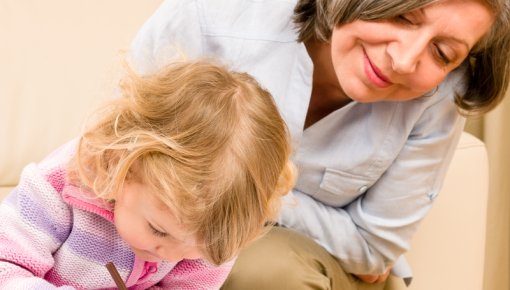I have learned to deal with it
The atrial fibrillation kept coming back, at increasingly shorter intervals, especially at night or late in the evening. Until I started having it every two to three weeks. I found that really worrying at first. I was very scared.
Over time I have learned to deal with it. It also didn’t take me long to notice when it was starting up again. My heart would start racing. Then I took my medication and it usually went away again after one or two hours. If I didn’t take the medication, it sometimes lasted a whole night. After a while it didn’t scare me as much because I knew that it was atrial fibrillation and not a heart attack or anything.
Sometimes the doctors at the hospital treated it with electric shocks too. That was always done under general anesthetic. I was really frightened the first time they did it. But it was over really quickly and I was awake again before I knew it. I couldn’t remember having the treatment itself.

